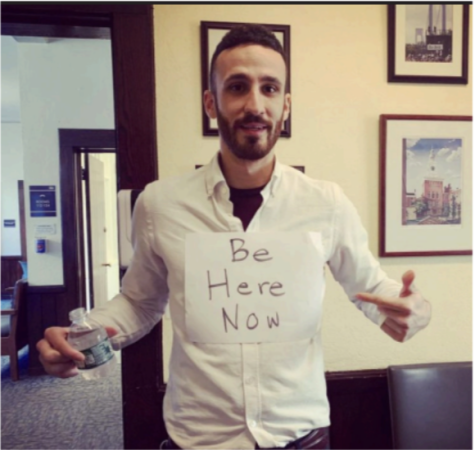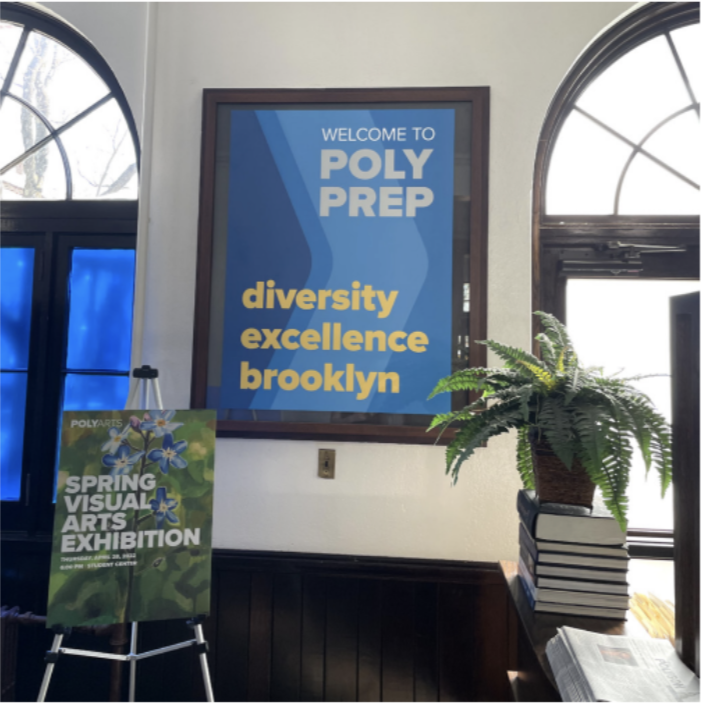Hey Siri, Define Culture
There is a certain sadistic aspect to the English language in that many words have multiple, highly differing definitions. Often, these words look and sound the same, leaving the listener or reader to decide which of their many definitions is most appropriate for the situation. A great example of one of these words is the word “culture.” According to the Merriam-Webster dictionary, culture can be a noun meaning a group’s “customary beliefs, or social norms” among other things, but can also be a verb meaning “to grow in a prepared medium.” In our everyday lives, in particular at Poly, we throw around this word quite often, but I have found that there has been little definition of culture in our community’s context, and little distinction between the two ways this word can be used.
Administrators, teachers, and students alike often bemoan the flaws of the existing Poly culture. In these contexts, they pull from the first definition of the word –– social norms, the fabric of our impenetrable herd mentality. The underlying misogyny, racism, and homophobia within our community are often under the limelight of these culture-based complaints, and have been the driving force behind many of our recent assemblies, like our visit from activist Jackson Katz. In recent email title lines surrounding everything from supporting athletic teams to cleaning up in Commons, Head of Student Life, Jared Winston, has cited a need to strengthen “cultural health,” acknowledging the current weaknesses in Poly’s current community fabric. There seems to be a concern that “culture” at Poly — the noun form of the word — is fundamentally wrong. In essence, our social norms are incorrect, and must have the flaws banged out of them by endless “culture strengthening” workshops and assemblies. Recently, with the increase in Upstander Workshops and all-school Chapels, this process of cultural correction has felt especially grueling and fruitless. There is a feeling among the student body that no amount of administrative action will truly fix the thing of Poly culture.

Perhaps the key to making these attempts at improvements in our community more fruitful is the second definition of culture, the forgotten verbal twin of the more popular noun. “To culture” as a verb runs more along the lines of “to cultivate.” To culture someone or something is to grow within them something alive, something which will outlive the cultivation process itself. At Poly, while we focus heavily on the existing noun of culture –– our community’s norms –– we unfairly discard the other use of the word, the one which means to teach something new rather than to unlearn something that has been incorrectly taught. If we were to focus not on fixing existing culture, but on building and growing a new sense of integrity within Poly students, we’d be much closer to pulling the ugly parts of Poly social framework out by the root. Again, what it takes is planting and nourishing (culturing), a new seed within the Poly community. Why dwell on the flawed object of culture when we have an untouched, unturned stone of verbal culture waiting to save us from social demise? The action of culturing is what is missing from recent attempts to hone our community’s awareness and ethical practices.
When one encounters a word with multiple definitions, the first step, before using or hearing that word at all, is to understand both definitions. At Poly, we have entirely missed the first step of understanding the dual definition of “culture.” Therefore, it is and will continue to be impossible for us to put our finger on what exactly is wrong with our culture. Or maybe what we should do to encourage culturing.


Selah Ilunga-Reed is a current Editor-in-Chief of the Polygon, coming off a year in the Opinions Editor position. Selah is a passionate member of the soccer,...

























